Retro Recall: Brandubh
January 29, 2019 by ludicryan
Forgive me friends but I’m not one for nostalgia. I will happily abandon those horrible rose-tinted glasses to gaze ever forward at the exciting new developments of this fascinating medium.
Having said that…
Ancient board games are heckin amazing! And I know what you are all thinking: “finally someone is going to turn the clocks back thousands of years away from the hot mess that is 2019”. Well friends, you are welcome! Today we go hyper-retro!
Today I’ll talk about a board game close to home: Brandubh (pronounced bran-doov). The name means “raven-black” and may be connected to The Mórrígan: an Irish Goddess associated with war, fate and ravens. It’s an ancient Irish board game from the Hnefatafl (the ‘h’ is silent) family of board games. This family of board games is thought to come from Scandinavia with multiple variants having spread across Finland, Sweden, Norway, Britain and Ireland. But the origins and influences on this family of games may come even earlier from a Roman board game called Ludus Latrunculorum (if ever there was a sexy board game name…).
Brandubh wasn’t the only board game on the island, however. Fidchell and Búanbach also existed and may have come from the same family of games but it’s hard to parse all of this historical information apart. The official rules were never written down, distinctions between the games sometimes weren’t made and whatever reference to the games that have been made are at times written by untrustworthy sources. It makes talking about these games with any confidence quite difficult. But from what we have got, the reconstructed rules are awesome!
How It’s Played
We can deduce that Brandubh comes from the Hnefetafl family of board games. And the most interesting thing about these games is their asymmetry. Brandubh is a two player game played on one of the smaller boards: a 7x7 square grid. One player takes on the role of the defender and the other plays as the attacker. An early reference to the game and its asymmetry is found in the poetic prose work of Irish mythical heroes - Acallam na Senórach:
“My famed Brandubh is in the mountain above Leitir Bhroin, five voiceless men of white silver and eight of red gold.”
So the defenders play as the five silver - one of which is the King - set in the centre of the board. The defender is looking to get the King to one of the four corner pieces.
The eight of red gold are the attackers who start out surrounding the defenders on four sides. The attacker is trying to surround the king on all four sides.
Each piece moves like a rook in chess - as many squares as they want orthogonally. Pieces cannot leap over others. But the way capturing works is another fascinating aspect of the Hnefetafl family of games. Pieces capture by flanking an opponent’s piece on either side. Once accomplished it is removed from the board. The King is unarmed and cannot capture.
What Is It Like?
Brandubh distils the essence of a Hnefetafl game down to a short experience which can be useful in teaching how to play this type of game. But it feels uneven, especially as the attacker. It is much harder to surround the King than you might think. Because the King can move like a rook, any open space you leave as the attacker is an opportunity for the defender to bolt out of the gates.
In the games I’ve played teaching my nephew it’s almost advantageous as the defender to let your other pieces be captured as it frees up space on the board. It leads to an interesting story being told of defenders sacrificing their life for the King to escape and attackers not being able to contain that piece. This is maybe where contemporary reconstructions of the rules have failed and it’s not supposed to be so difficult for the attackers (maybe I’m just really bad at attacking fools in Brandubh).
Regardless, I find it fascinating to dig into the history of this finest medium and discover what our ancestors were playing and how these games have either affected the surrounding culture or been affected by it.
If my colleagues don’t tear me away from my desk for talking about ancient games then you can expect to hear more about them on another Retro Recall.
What’s the oldest board game you have played?
Supported by (Turn Off)
Supported by (Turn Off)
Supported by (Turn Off)

































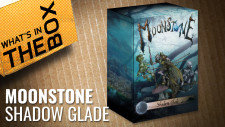
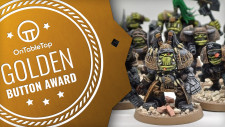
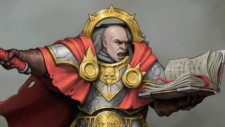
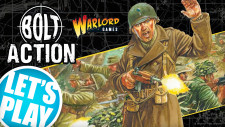




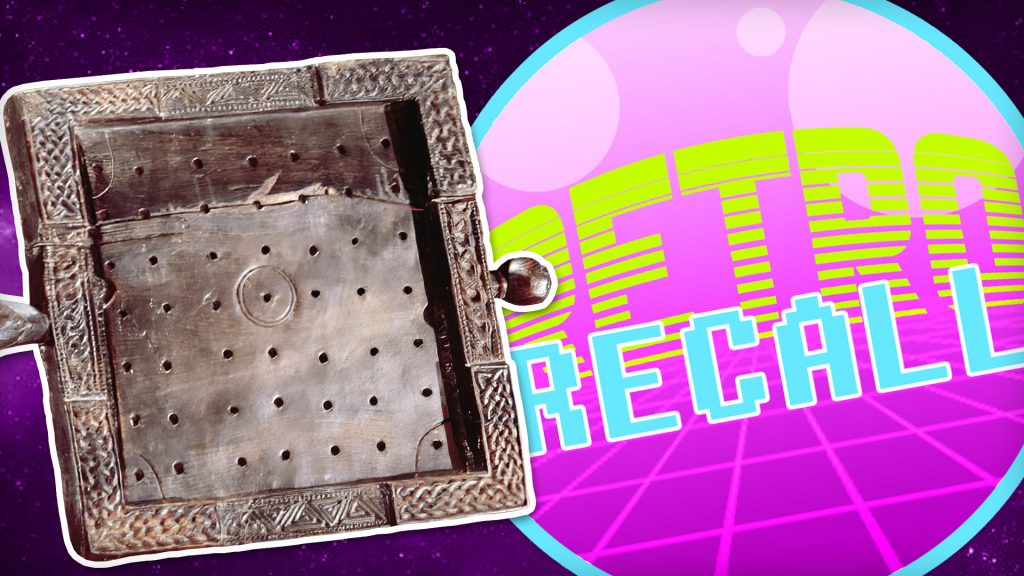
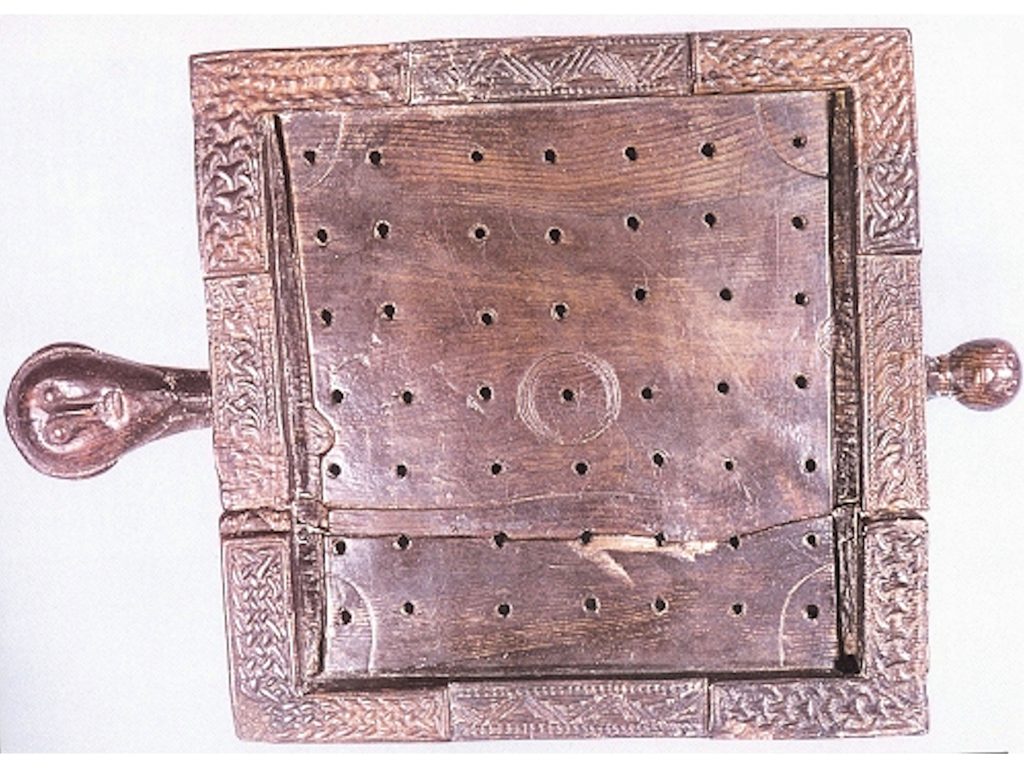
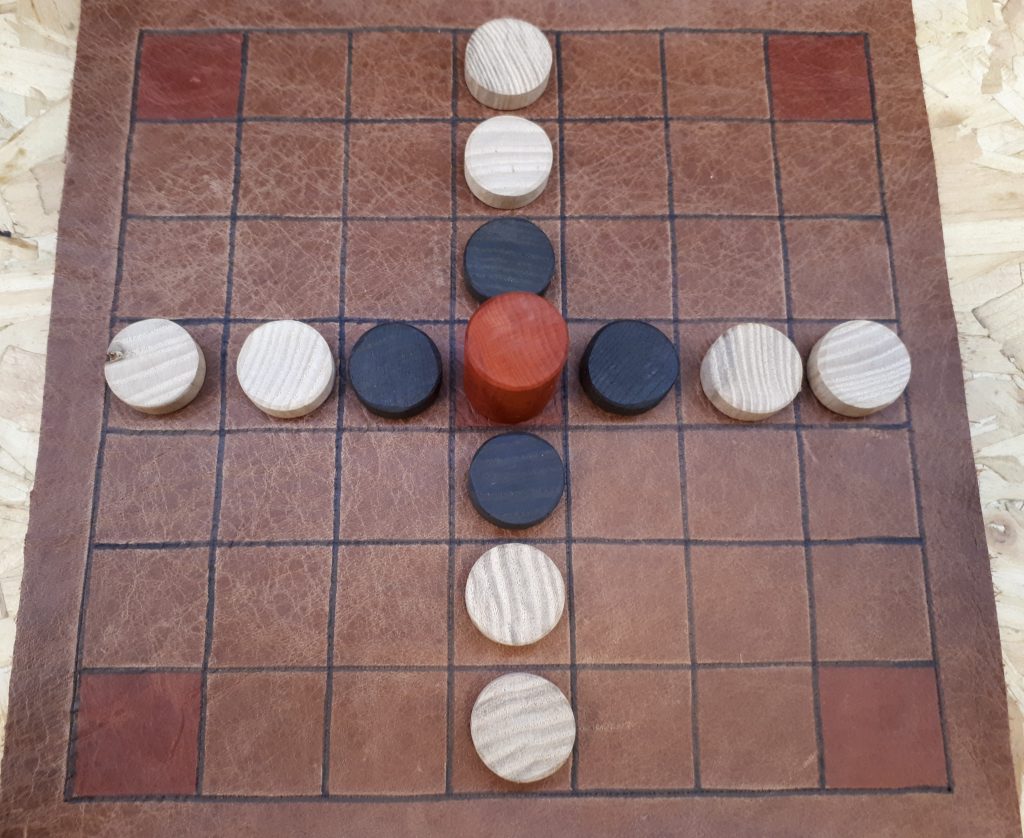
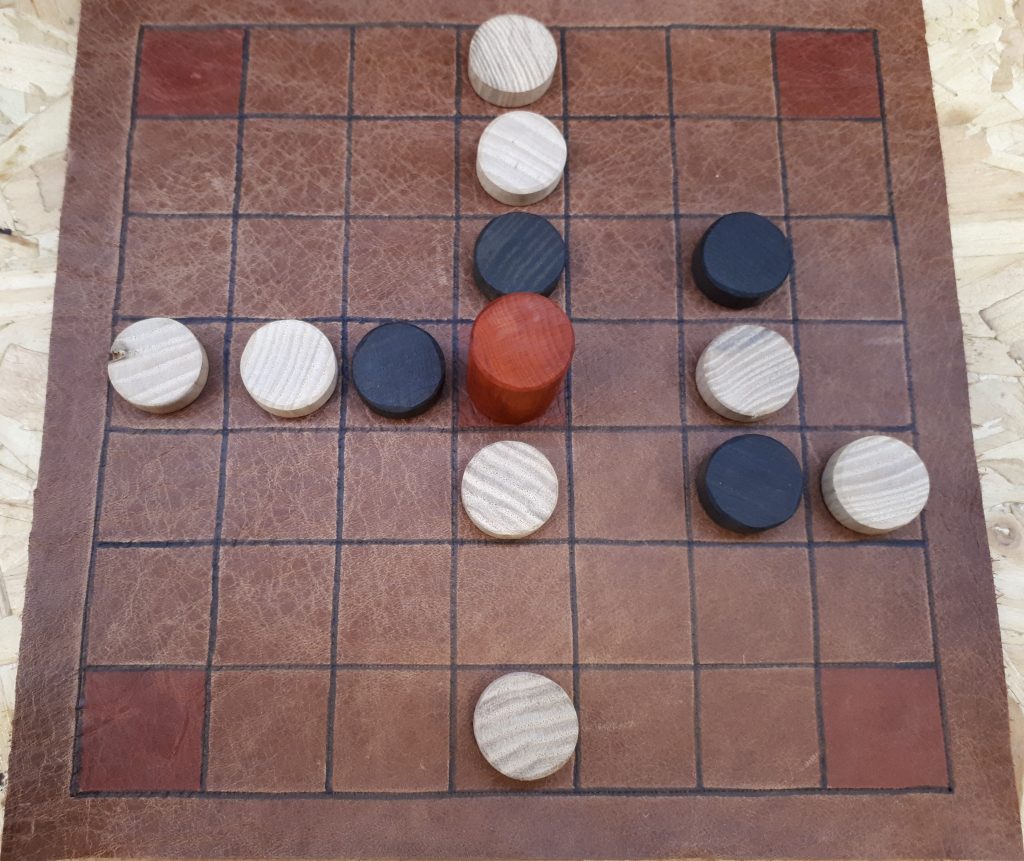
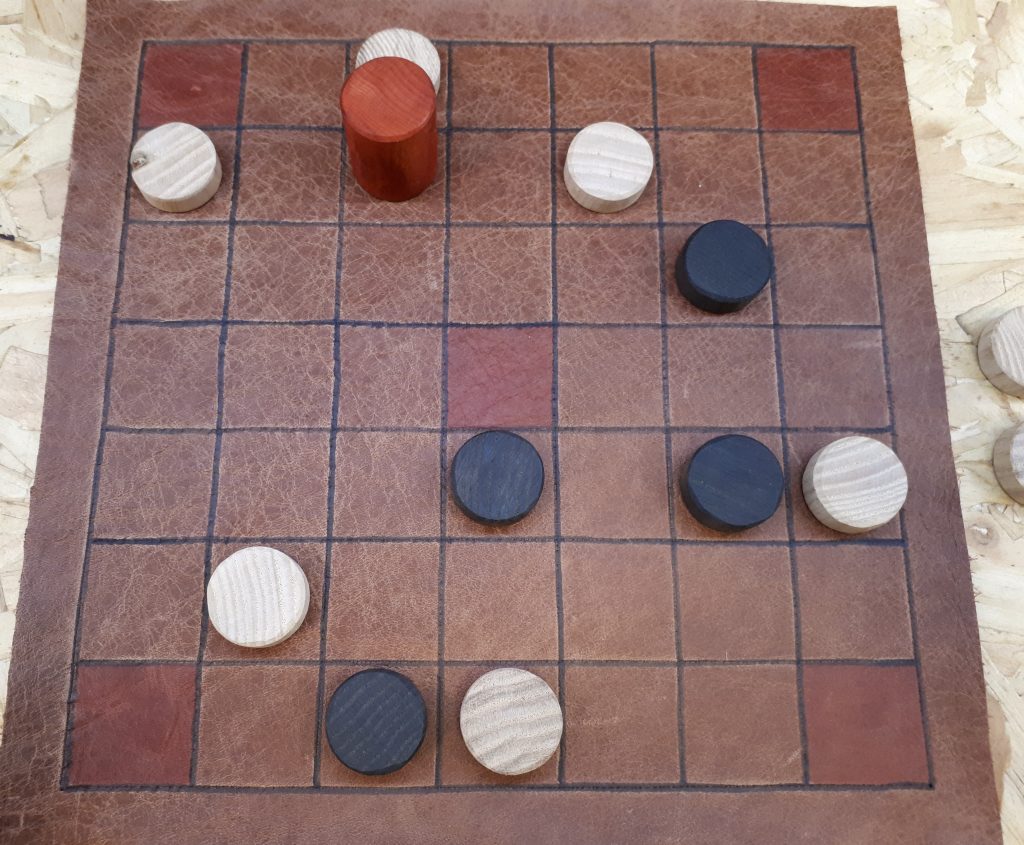

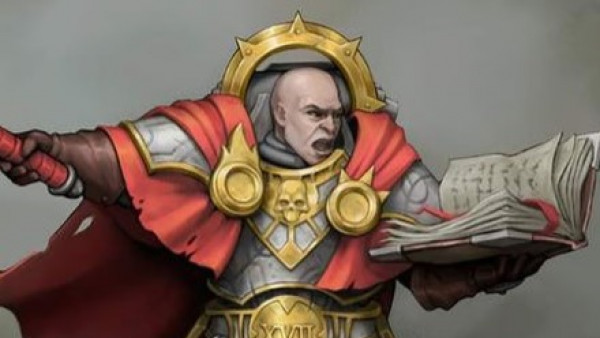
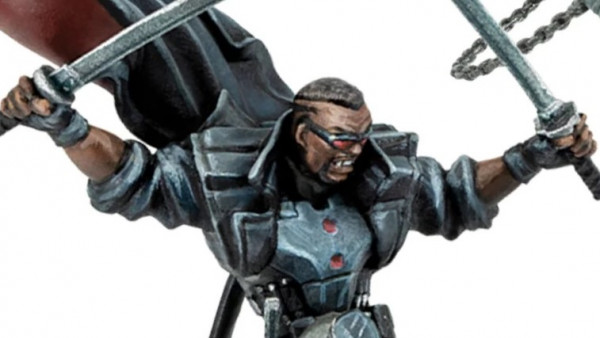
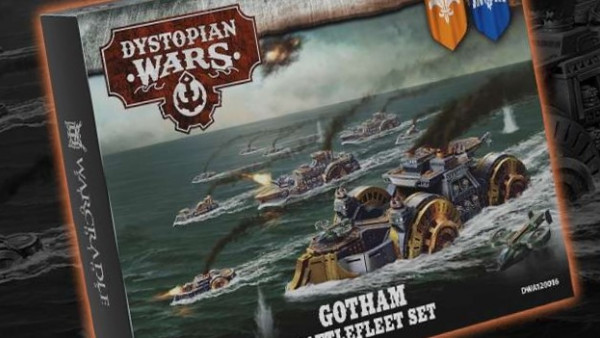
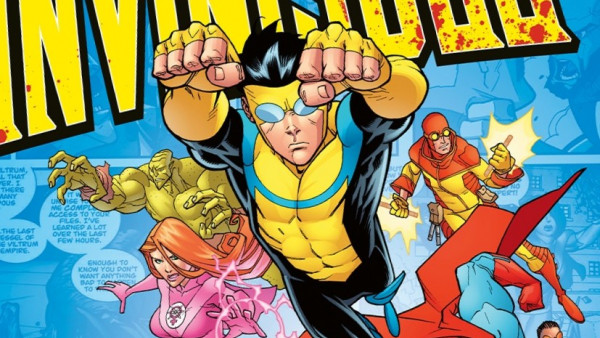
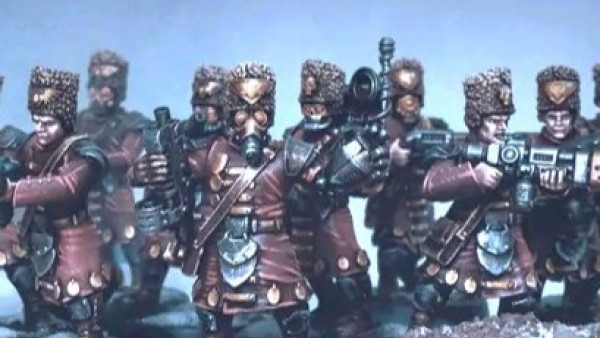
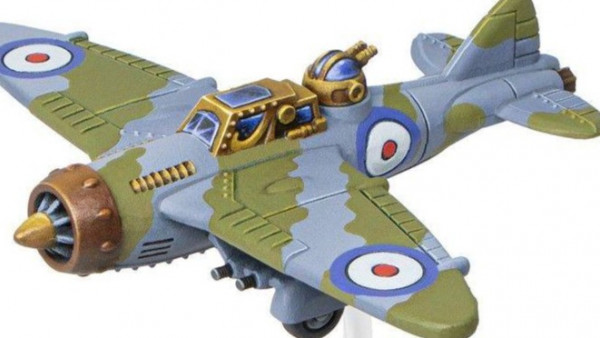
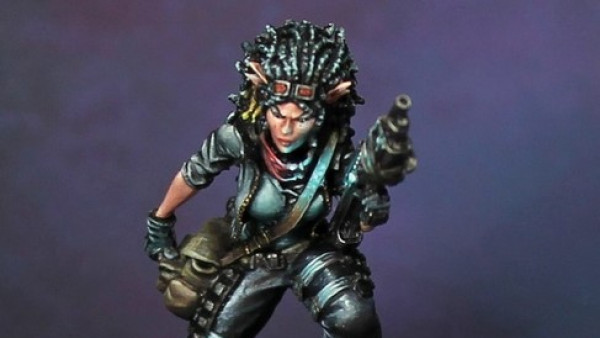
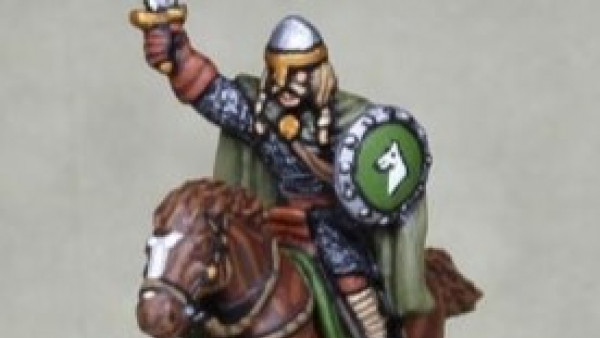
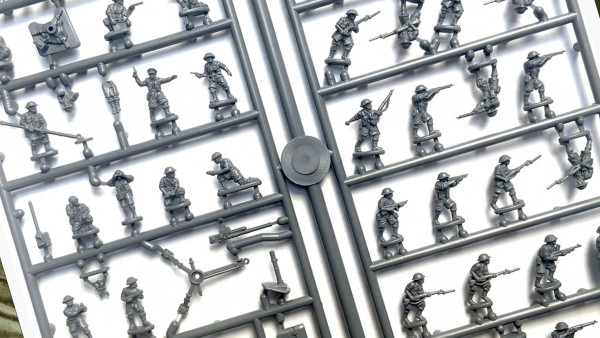
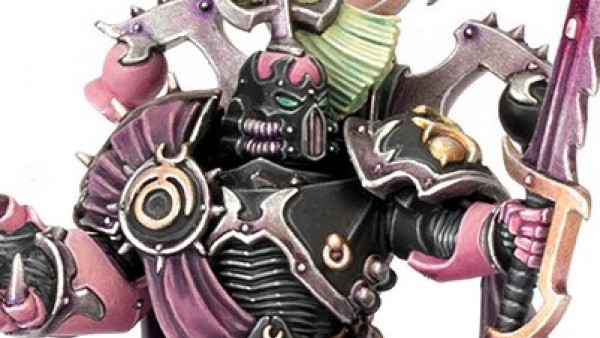
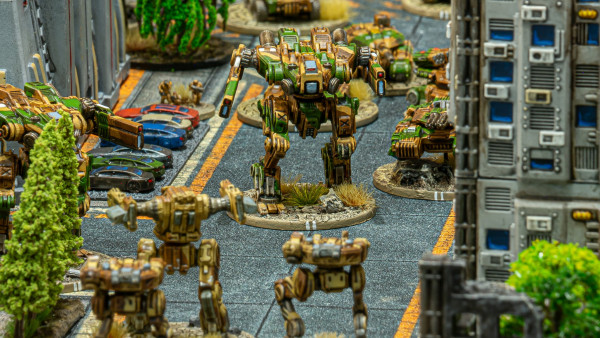

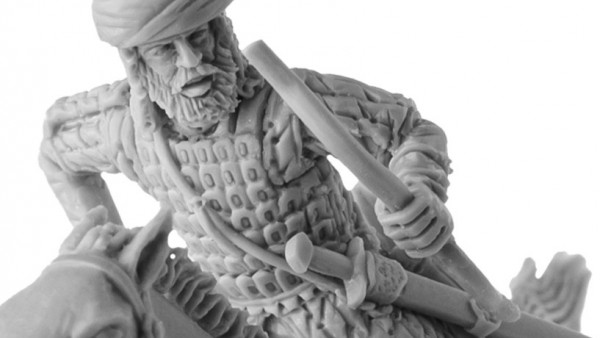
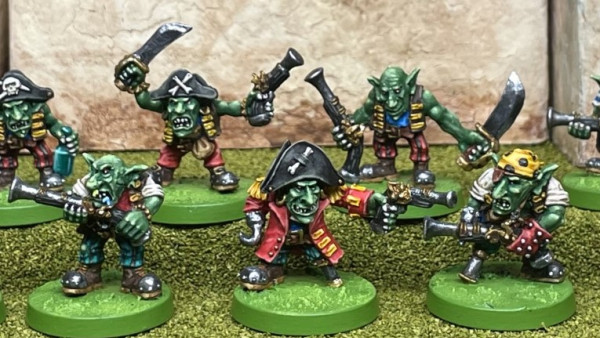
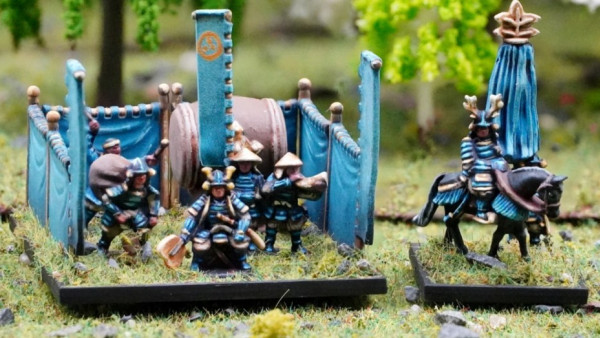
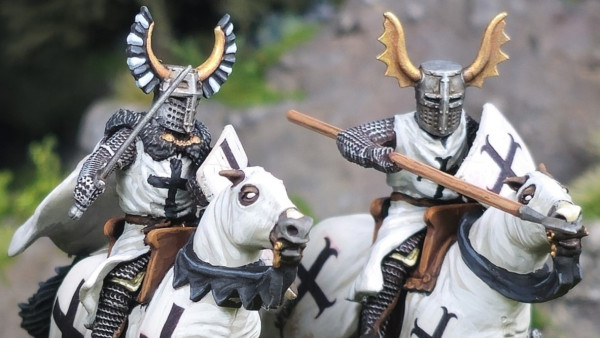
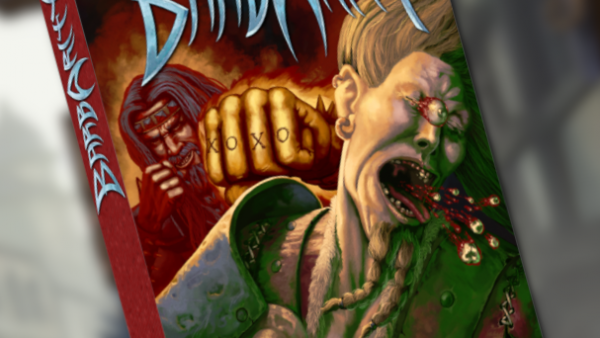
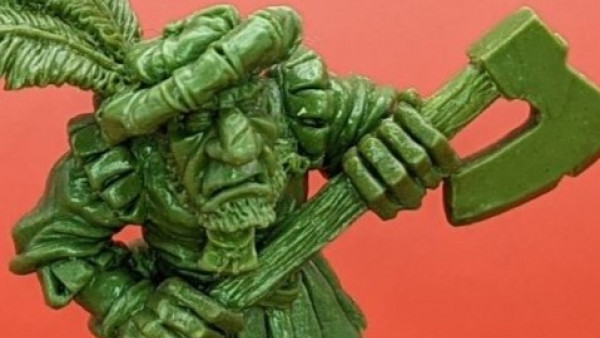
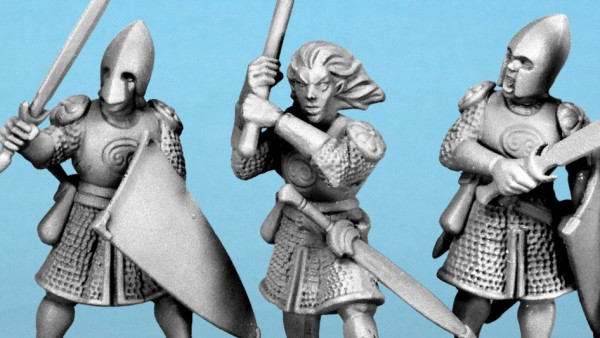
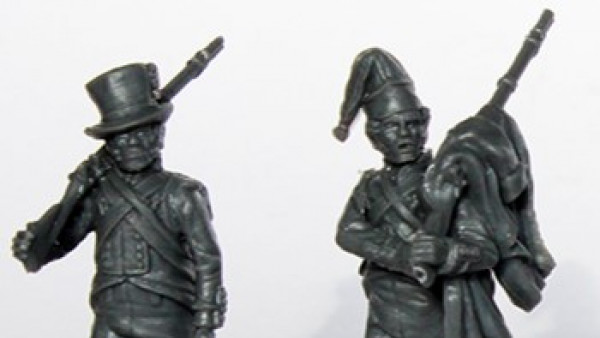
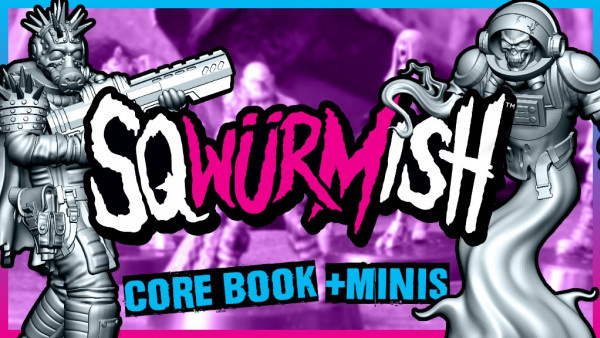
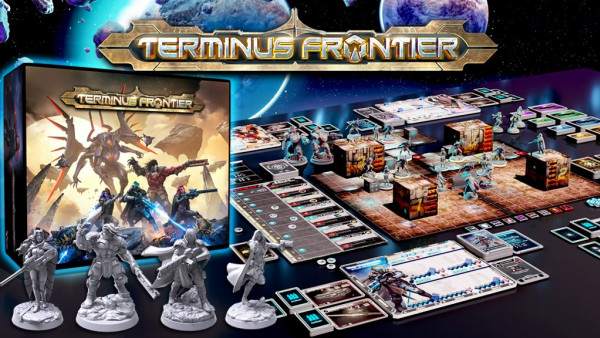
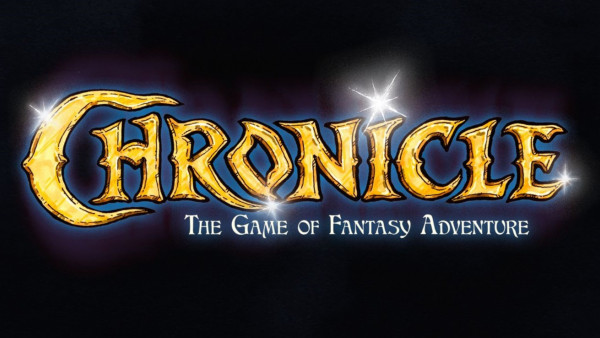
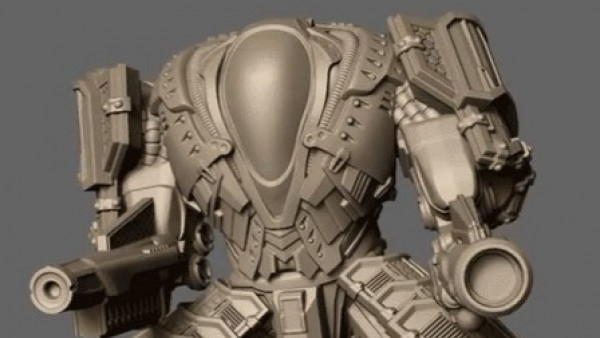
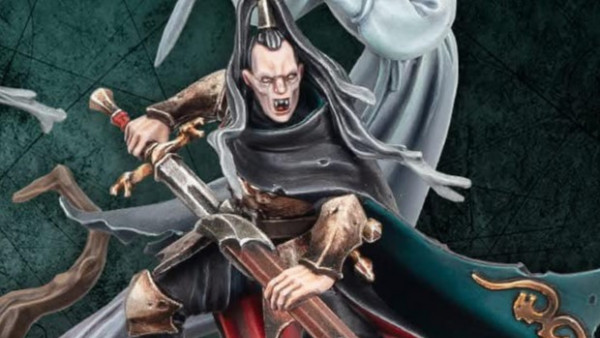
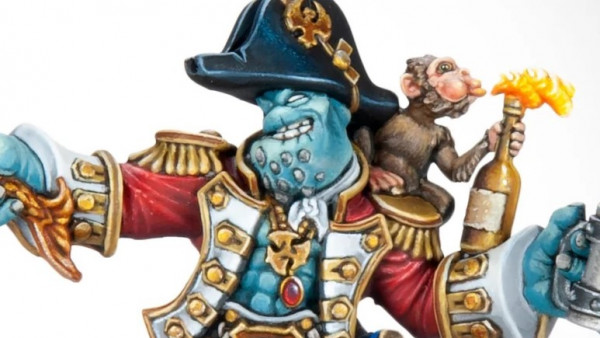
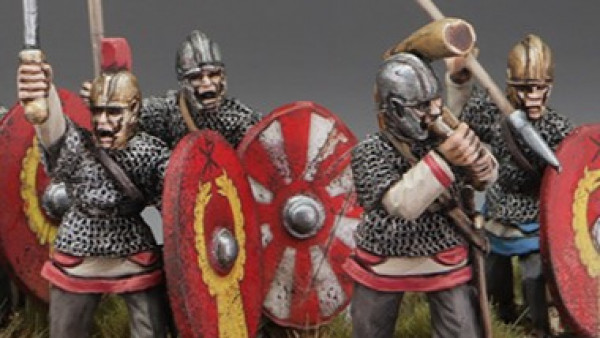
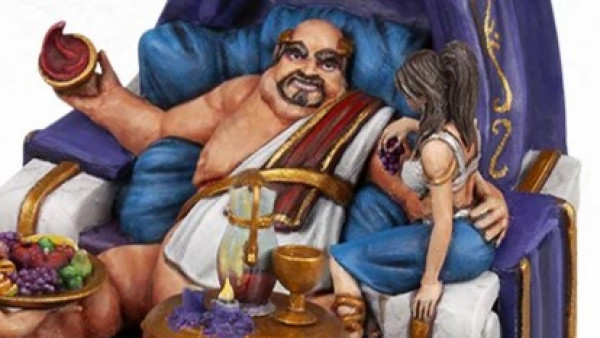
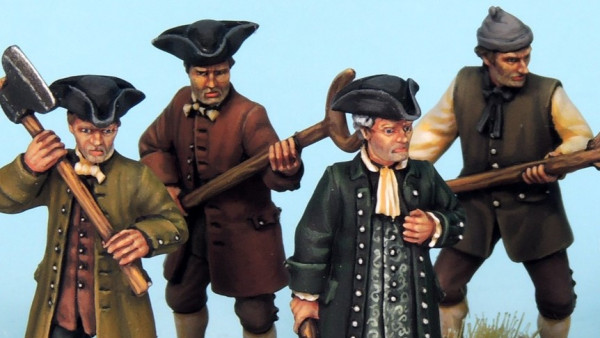
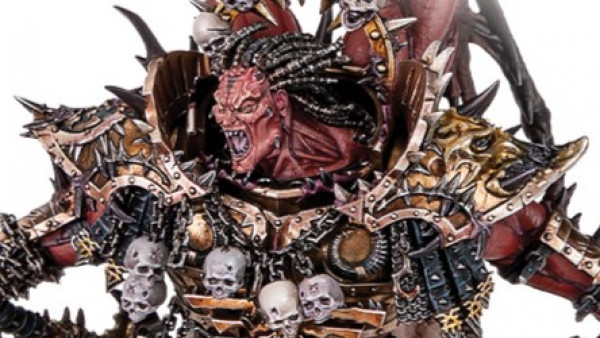

cool … an actual historical game.
IIRC in a viking burial site they discovered the board last year.
What’s next ?
Shogi ?
Ohhhhhhh, I’d love to do Shogi! I’ll add that to the list. Damn complicated one to learn though!
There is currently a fight between myself and Ryan over who gets to cover Go.
I may have to borrow your history books Ry.
Lets have a “lets play”.
@goban @goban @goban
You have no idea how much the idea of an ancient board game let’s play thrills me!
Fidchell is the interesting one. Lugh of the Long Arm had a board that played itself and he used it to ‘prophesy’ the future. I think the pieces moved in straight lines like chariots on a battlefield – and half the pieces were bronze and half silver? The most well-known mention occurs in the Tain at ancient Navan (Armagh) when Chuchulain chases the Boy Troop into the royal warrior hall. They kick over all the tables were the Ulstermen (Red Branch) are playing their fidchell board-games. I think Ciaran Carson uses the term ‘Buck Leap’ in his translation of this… Read more »
Ohhhhhhh that’s a fascinating piece of historical knowledge about Fidchell you have there! It’s interesting that you mention about Lugh using Fidchell as a method of foretelling the future. I’m reading a couple books at the minute which look at the ancient origins of some of these games and the grid pattern we all know and love from Fidchll to Chess was used in shamanistic rituals for divination. The grid pattern was one of a number of ways that those in ancient times viewed the world!
ANCIENT BOARD GAMES ARE COOOOOOOOOOL!!!
Fhicheall, or fichille is the modern word for chess. Navan is nowhere near Armagh.
Ahhhhh that’s really interesting, because Fidchell was often translated or transcribed by monks in the 12th/13th centuries as the word ‘Chess’, potentially obfuscating a lot of sources on what Fidchell actually was.
Dam right! You have to look in the footnotes to read what the actual game was. I think some translators (Lady Gregory?) like to use the word ‘Chess’. But check out Kinsella –
https://books.google.co.uk/books?id=I8WIQj4WNzkC&printsec=frontcover&dq=kinsella+tain&hl=en&sa=X&ved=0ahUKEwi674iwipbgAhUjQxUIHYKqBqIQ6AEIKjAA#v=onepage&q=fidchell&f=false
The oldest game I’ve played was a pit and pebble game with Egyptian origins. It was repackaged and refined by 3M when they produced games in the mid 70s. Not exactly sure of the spelling but Oh Wah Ri was the commercial name.
Edit: Oh Wah Ree. According to Board Game Geek it was first published by 3M in 1962 and later acquired by Avalon Hill.
Ahhhhhhh, I know exactly the game! It’s Oware. It’s from the Mancala family of board games. I think oware was prominent in the North West of the African continent, particularly in Ghana. It’s one of the ones on my hitlist to get! As well as its more difficult cousin Bao: originating from some of the Eastern countries on the African continent.
Bet the king in this is jealous of his younger brother; throne that went into the church could win this on turn one.
?
Oldest game I have played is Hnefatafl – need to break that out again at some point, it’s sitting on my gaming shelf!
I dream of finding a Fidchell board scratched into some ancient stone in a farmer’s field.
Check out the Royal Ur gameboard they found scratched onto the base on the Assyrian Winged Bull/Chaos Dwarf (?) statue in the British Museum – https://www.britishmuseum.org/research/collection_online/collection_object_details/collection_image_gallery.aspx?partid=1&assetid=17199001&objectid=366987#more-views
I was told the statue was in the British Museum for decades before anyone noticed the board and realised what it was 🙂
Ahhhhhh that’s wonderful. I’m sure Mr Ivan Finkel is round there all the time challenging peeps!
There’s another retro recall coming out next Tuesday on Alquerque. And there’s some great carvings on a couple of churches that I have included.